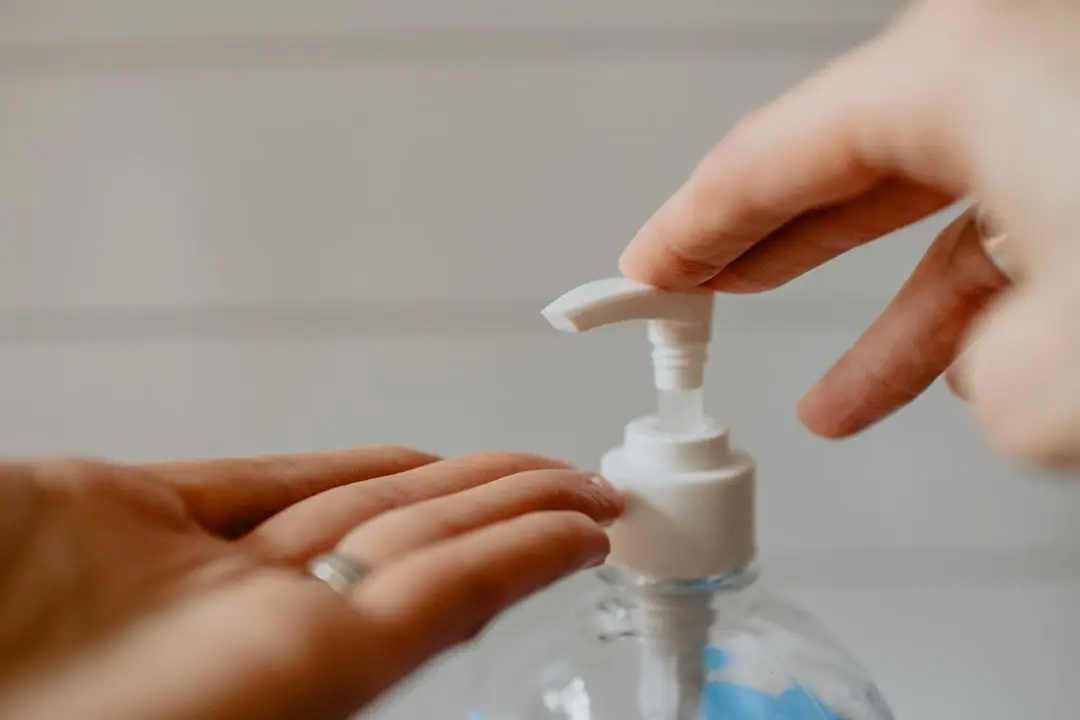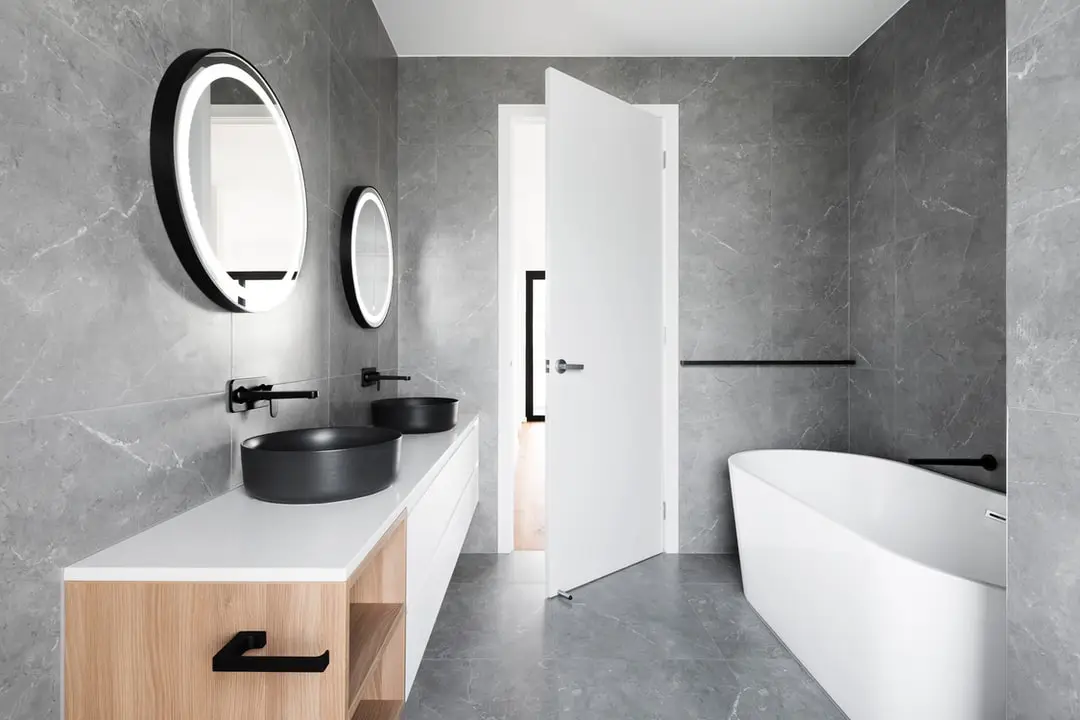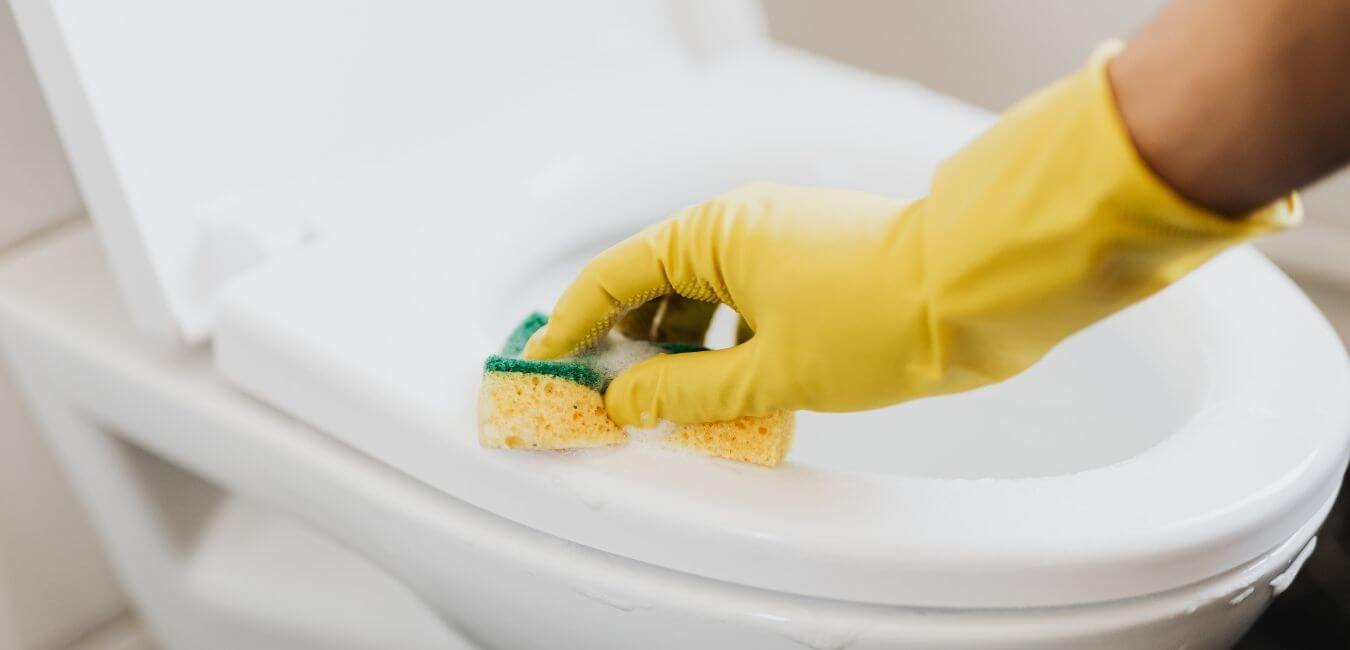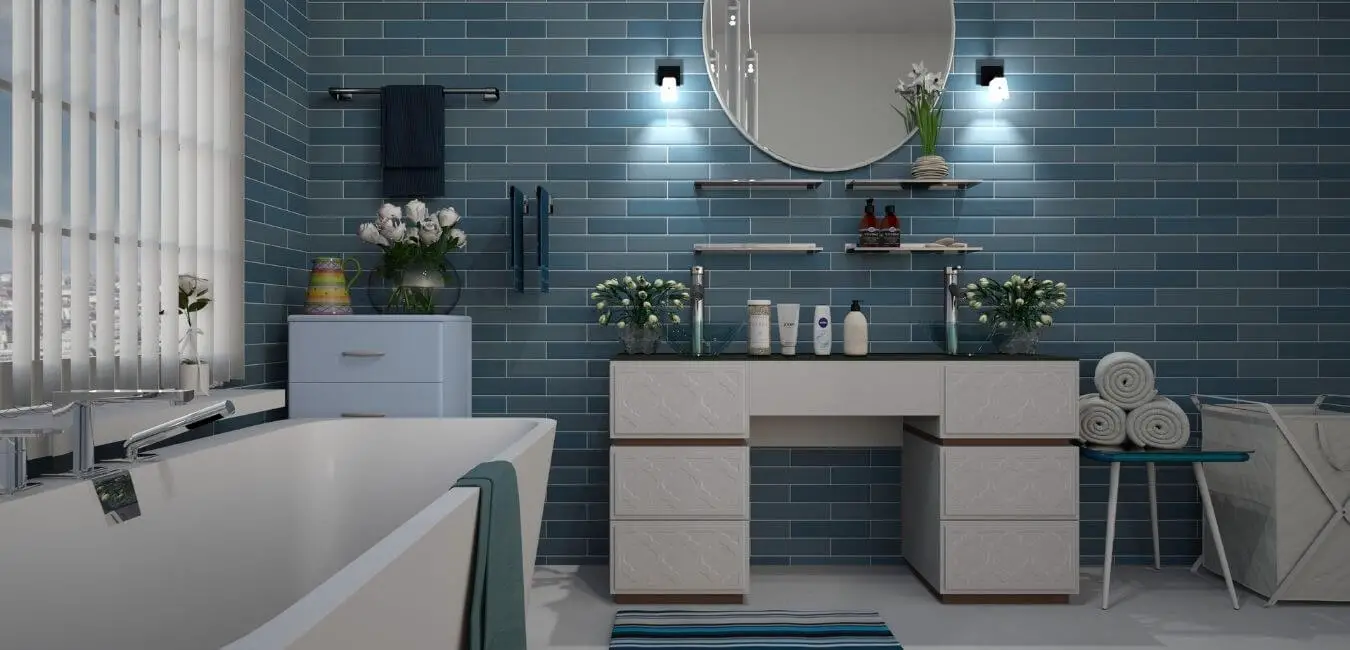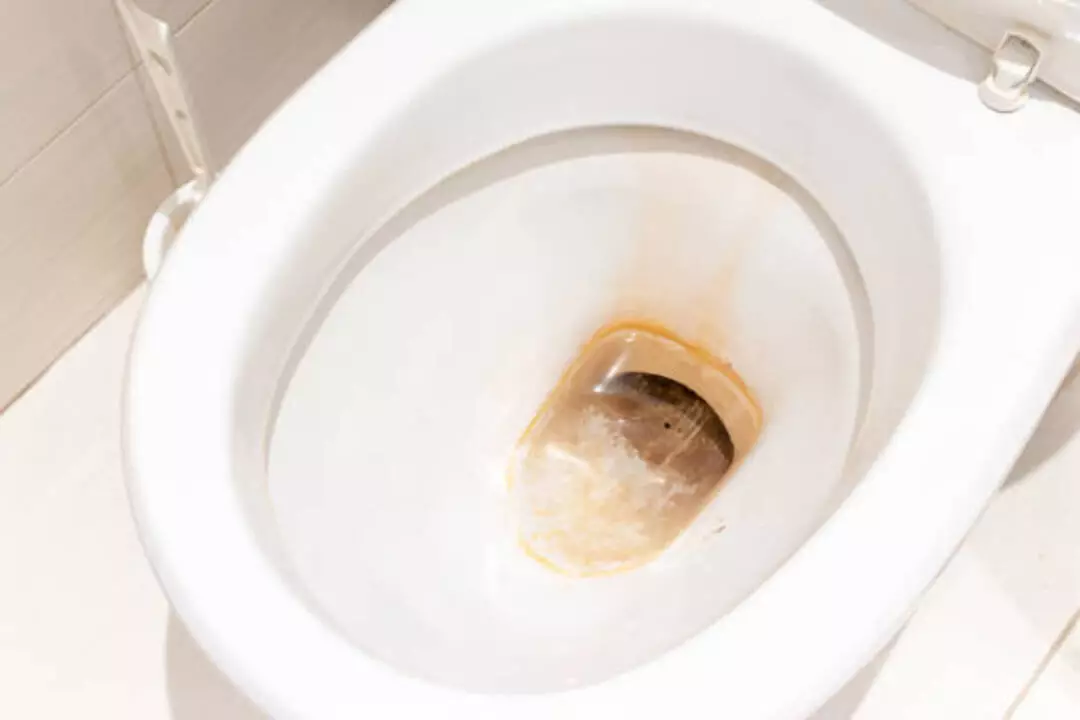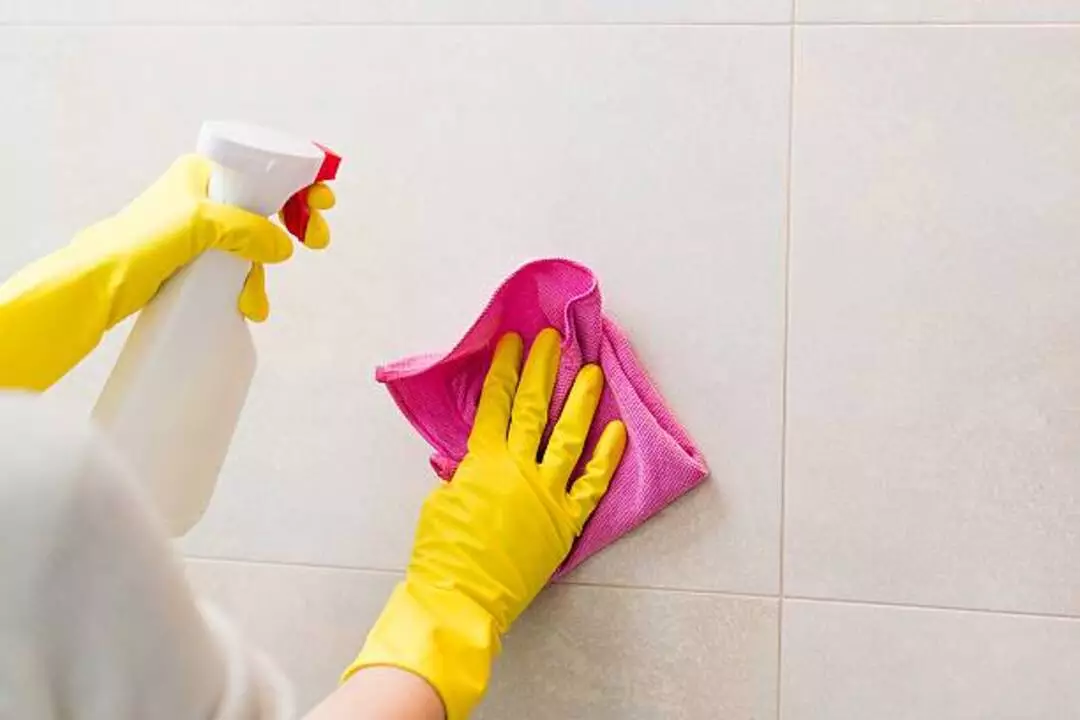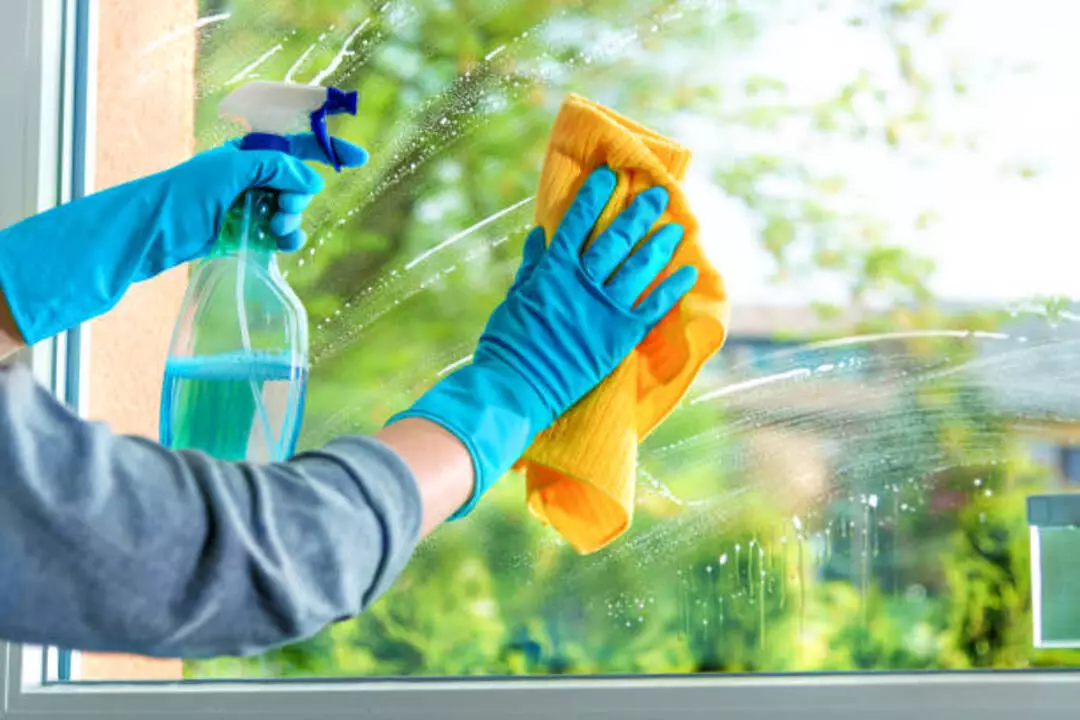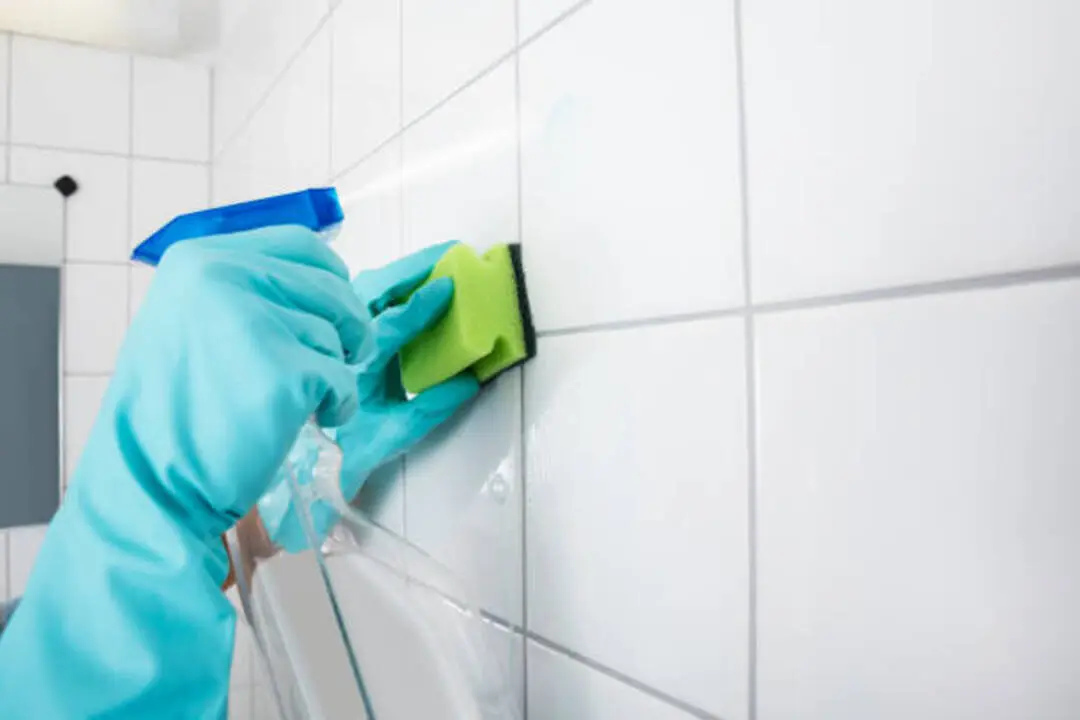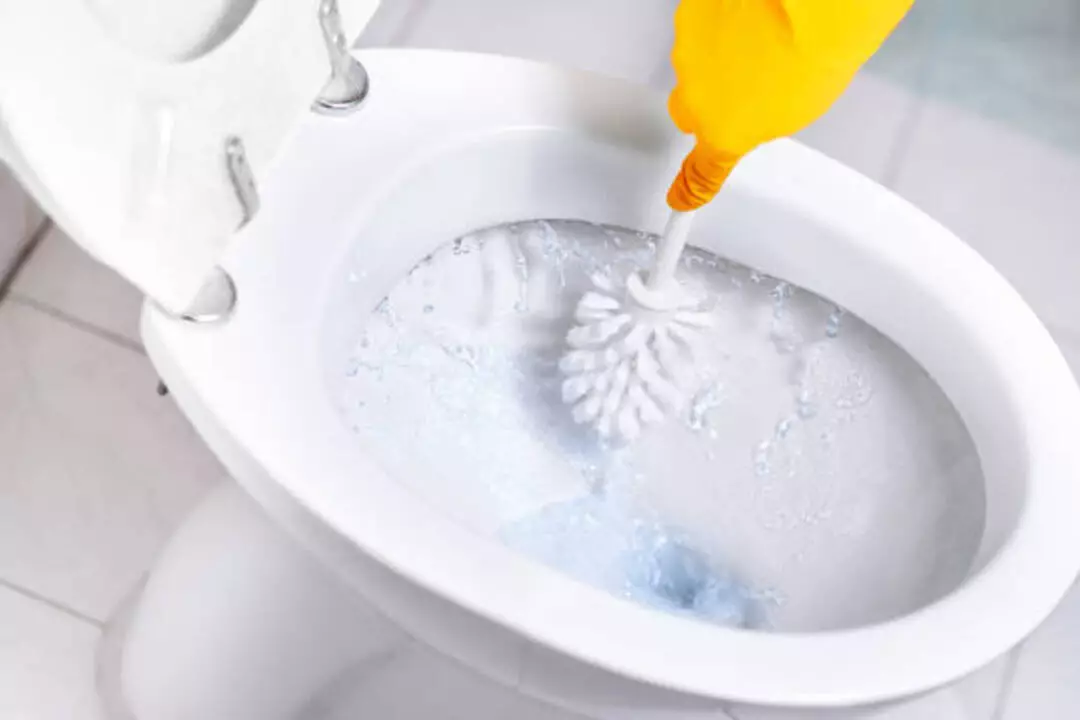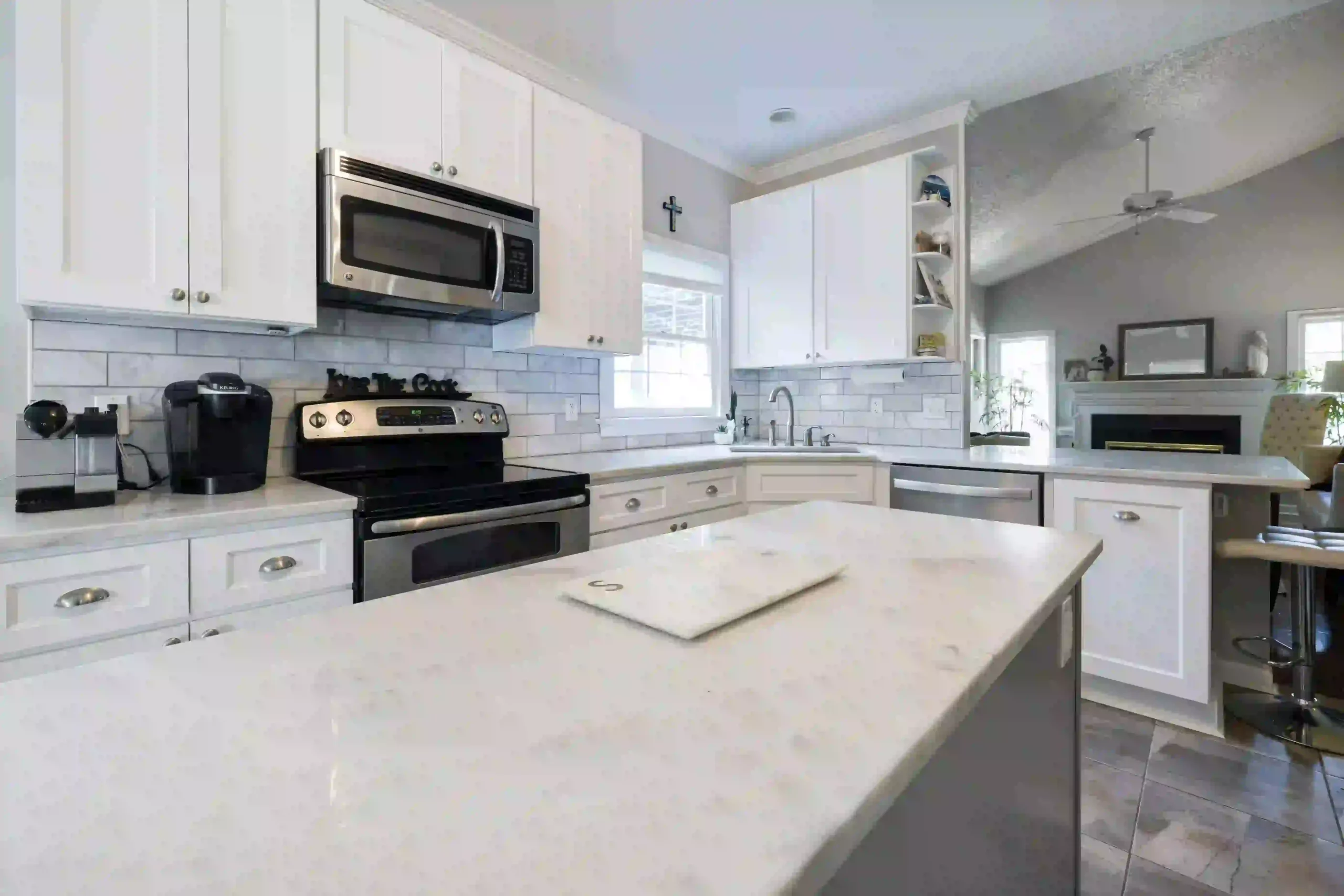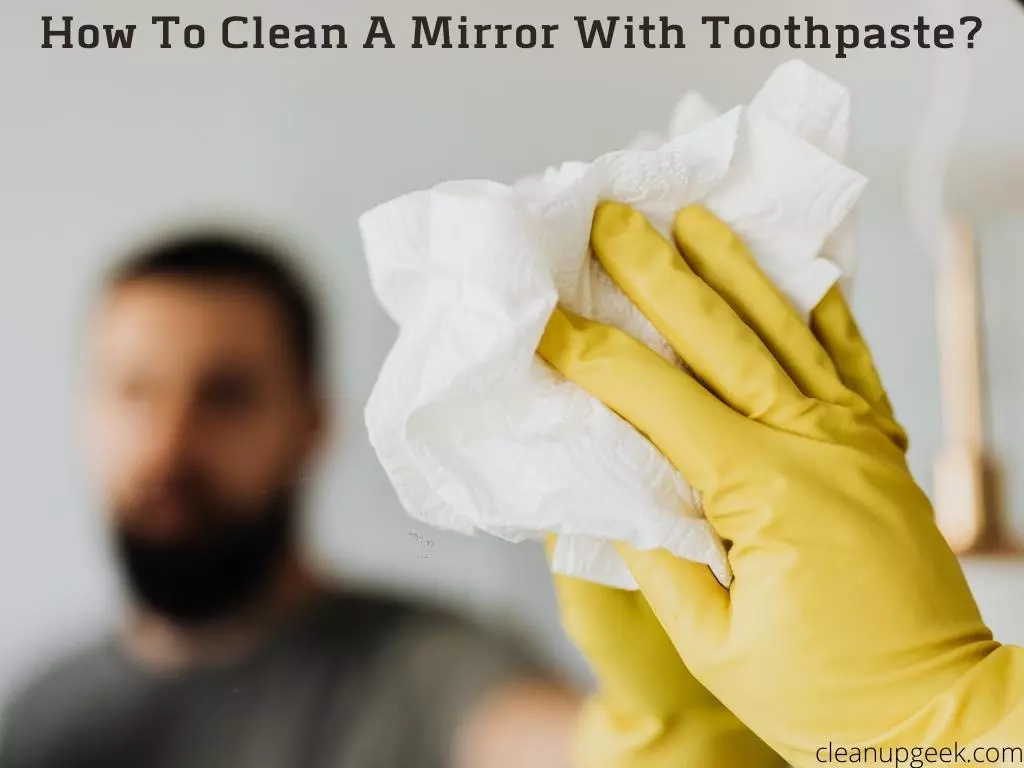Asthma sufferers know all too well the added challenge of keeping their homes allergen-free. A crucial tool in this battle is a vacuum cleaner equipped with a High-Efficiency Particulate Air (HEPA) filter, known for trapping 99.97% of particles as small as 0.3 micrometers!
Our guide will dive into how to choose such an exceptional appliance, focusing on every important detail, from its type and key features to top picks suitable for different needs or preferences.
Are you ready to breathe easier? Keep reading!
KEY INFORMATION
- HEPA filters in vacuum cleaners are crucial for asthma sufferers, as they can trap and remove allergens like dust mites, pet dander, and pollen from the air.
- There are different types of HEPA vacuum cleaners to choose from, including upright, canister, stick, and cordless models. Each type offers its own unique features and benefits for asthma sufferers.
- When choosing a HEPA vacuum cleaner for asthma sufferers, look for key features such as a sealed system to prevent allergen leakage, S-Class microfiltration for better filtration performance, and AAFA certification to ensure it meets standards set by experts.
- Consider your cleaning needs and compare the pros and cons of bagged vs. bagless vacuum cleaners when selecting a HEPA filter vacuum cleaner suitable for asthma sufferers.
Understanding HEPA Filters and Their Importance for Asthma Sufferers

A HEPA filter is a crucial component for asthma sufferers due to its ability to trap and remove allergens, such as dust mites, pet dander, and pollen, from the air.
What is a HEPA filter?
A HEPA filter is a very fine net found in vacuum cleaners. It traps tiny particles like dust, pollen, pet hair, and other irritants. This kind of filter can hold on to 99.97% of small bits that are just 0.3 micrometers big! That’s good news for asthma sufferers because it helps clean the air they breathe at home.
How does a HEPA filter work?
A HEPA filter works by trapping tiny particles like dust mites, pet dander, pollen, and other irritants. It’s like a net that catches these allergens as the air passes through the filter.
The filter has very small holes that only allow clean air to pass through while capturing almost all of the harmful particles. This helps improve indoor air quality and reduces the risk of asthma attacks and allergies.
HEPA filters are highly effective because they can remove at least 99.97% of particles that are 0.3 micrometers in size, making them a great choice for asthma sufferers who want cleaner and healthier homes.
Why is HEPA filtration important for asthma patients?
HEPA filtration is important for asthma sufferers because it helps trap and remove allergens from the air. Asthma can be triggered by dust mites, pet dander, pollen, and other irritants that are commonly found in indoor spaces.
HEPA filters are designed to capture these particles, ensuring cleaner air quality and reducing the risk of asthma attacks. These filters have a high level of efficiency, removing at least 99.97% of particles as small as 0.3 micrometers in size.
By using a vacuum cleaner with a HEPA filter, asthma sufferers can create an environment that is less likely to trigger their symptoms and improve their respiratory health overall.
Types of HEPA Vacuum Cleaners
There are several types of HEPA vacuum cleaners available, including upright, canister, stick, and cordless models. Each type offers its own unique features and benefits for asthma sufferers.
Upright
An upright vacuum cleaner is a popular choice for asthma sufferers because it offers powerful suction and easy maneuverability. With an upright vacuum, you can effortlessly clean carpets, rugs, and even hard floors.
The HEPA filter in an upright vacuum effectively traps dust mites, pet dander, pollen, and other allergens that can trigger asthma symptoms. This type of vacuum is designed to provide thorough cleaning performance while also improving indoor air quality.
When choosing an upright vacuum with a HEPA filter for asthma sufferers, look for models that have a sealed system to prevent allergens from escaping back into the air.
Canister
A canister vacuum cleaner is another type of vacuum that you can consider for asthma sufferers. It has a separate unit, or “canister,” that holds the motor and dust collection system.
The canister is connected to a long hose with various attachments for cleaning different surfaces.
Canister vacuums are versatile and easy to maneuver around furniture and tight spaces. They often have strong suction power and come with HEPA filters to trap allergens effectively.
Some models even have additional features like adjustable suction control or specialized attachments for pet hair removal.
When choosing a canister vacuum cleaner for asthma sufferers, look for one with a sealed system and S-Class microfiltration. These features help prevent any dust or allergens from escaping back into the air during cleaning.
Stick
Stick vacuum cleaners are a popular choice for their lightweight and compact design. They are easy to maneuver, making them ideal for cleaning tight spaces like stairs and corners.
Stick vacuums with HEPA filters offer the same level of filtration as other types of vacuums, trapping dust mites, pet dander, pollen, and other allergens. Their portability makes them convenient for quick clean-ups in between regular vacuuming sessions.
When choosing a stick vacuum for asthma sufferers, look for models with HEPA filters to ensure that indoor air quality is improved and allergen exposure is minimized.
Cordless
Cordless vacuum cleaners provide convenience and flexibility for cleaning. They don’t have a cord that limits your movement, allowing you to easily maneuver around furniture and reach tight spaces.
This can be especially beneficial for cleaners and launderers who need to quickly clean multiple areas or different rooms. With cordless vacuums, you won’t have to worry about tripping over cords or finding a nearby power outlet.
Additionally, some cordless vacuum cleaners also come with HEPA filters, which means they can effectively trap allergens and improve indoor air quality, making them suitable for asthma sufferers and those with allergies.
Key Features to Look for When Choosing a HEPA Vacuum for Asthma Sufferers
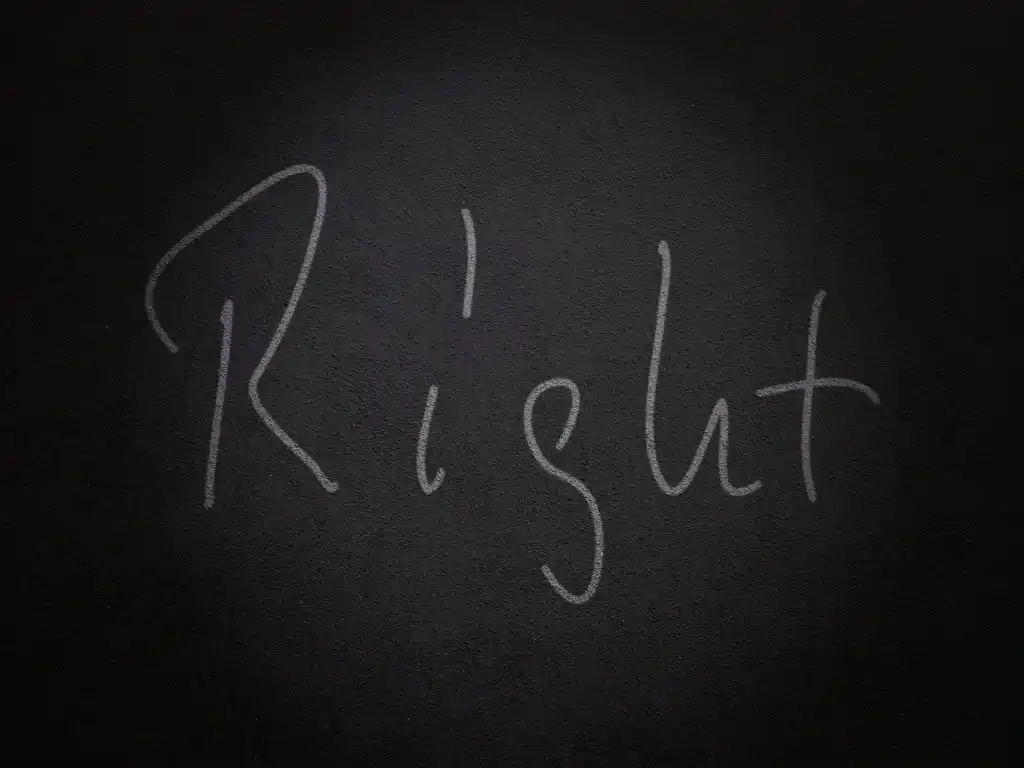
When choosing a HEPA vacuum for asthma sufferers, look for key features such as a sealed system, S-Class microfiltration, and AAFA certification.
Sealed system
A sealed system is an important feature to look for when choosing a vacuum cleaner with a HEPA filter for asthma sufferers. This means that the vacuum has been designed to prevent any air leaks and ensure that all the air passing through the machine goes through the filtration system.
A sealed system helps to trap and contain allergens, such as dust mites, pet dander, and pollen, so they don’t escape back into the air. By using a vacuum with a sealed system, you can have confidence that you are effectively removing these irritants from your indoor space and improving air quality.
So when selecting a vacuum cleaner for asthma sufferers, make sure it has a sealed system along with other important features like HEPA filtration.
S-Class microfiltration
A key feature to look for when choosing a HEPA vacuum cleaner for asthma sufferers is S-Class microfiltration. This type of filtration system goes beyond standard HEPA filters and provides an extra layer of protection against allergens and irritants.
S-Class microfiltration can capture even smaller particles, ensuring that the air in your home stays clean and healthy. When you’re shopping for a vacuum cleaner, be sure to check if it offers S-Class microfiltration to give you the best possible filtration performance for your cleaning needs.
AAFA certification
Look for vacuum cleaners with AAFA certification. The Asthma and Allergy Foundation of America (AAFA) certifies certain vacuum models that meet their standards for allergen removal.
This certification ensures that the vacuum has been tested and proven to effectively capture allergens, such as dust mites, pet dander, and pollen. Choosing a vacuum cleaner with AAFA certification can give you peace of mind, knowing that it has been validated by experts in asthma and allergy care.
Bagged vs. Bagless Vacuum Cleaners
When comparing bagged and bagless vacuum cleaners, consider the pros and cons of each to determine which is best for asthma sufferers.
Pros and cons of each
When it comes to vacuum cleaners with HEPA filters, there are a few different types to consider: upright, canister, stick, and cordless. Each type has its own pros and cons.
Upright vacuum cleaners are popular because they are easy to use and maneuver. They usually have a larger dustbin capacity and stronger suction power for deep cleaning carpets. However, they can be heavy and bulky, making it harder to clean stairs or tight spaces.
Canister vacuum cleaners offer versatility with their long hoses and attachments. They are great for reaching under furniture or using on hard floors. Canisters tend to be lightweight but may require more effort when cleaning large carpeted areas due to their smaller brush heads.
Stick vacuum cleaners are lightweight and convenient for quick cleanups. They’re ideal for small spaces or houses without too much carpeting. However, they may not have as strong suction power as upright or canister vacuums.
Cordless vacuum cleaners offer the freedom of movement without being tethered by a cord. They’re great for quick pickups around the house since you don’t have to worry about plugging them in or finding an outlet nearby.
Recommendations for asthma sufferers
To effectively manage asthma symptoms and improve indoor air quality, here are some recommendations for choosing a vacuum cleaner with a HEPA filter:
1. Opt for a vacuum cleaner specifically designed for allergy and asthma sufferers. Look for models that are labeled as “asthma-friendly” or have received certification from reputable organizations like the Asthma and Allergy Foundation of America (AAFA).
2. Choose a vacuum cleaner with a tightly sealed system to prevent particles from escaping back into the air during use.
3. Consider your cleaning needs and choose between an upright, canister, stick, or cordless vacuum based on what works best for you.
4. Prioritize models that have S-Class microfiltration, which provides an extra layer of filtration by capturing even smaller particles.
Top Picks for HEPA Vacuum Cleaners for Asthma Sufferers

Here are our top recommendations for HEPA vacuum cleaners that are perfect for asthma sufferers.
Best overall
One of the top picks for a HEPA vacuum cleaner for asthma sufferers is the “Best Overall” model. This vacuum cleaner has a powerful suction and superior filtration performance, ensuring that it effectively captures allergens like dust mites, pet dander, pollen, and other indoor pollutants that can trigger respiratory issues.
With its sealed system and HEPA filter, it helps improve air quality in your home by trapping even the tiniest particles as small as 0.3 micrometers in size. Its high-quality construction and AAFA certification make it an excellent choice for anyone looking to combat allergies and maintain a clean living environment.
Best Value
For those looking for the best-value vacuum cleaner with a HEPA filter, there are some great options available. These models offer excellent filtration performance at a more affordable price point.
One important feature to consider is a sealed system, which ensures that no allergens can escape back into the air during vacuuming. Another key feature to look for is S-Class microfiltration, which further traps and filters small particles.
Additionally, check if the vacuum cleaner has been certified by the AAFA (Asthma and Allergy Foundation of America), as this indicates its effectiveness in reducing allergens. By choosing a vacuum cleaner with these features, you can get great value while still improving indoor air quality and reducing allergy triggers.
Best for hardwood floors
For hardwood floors, the best HEPA vacuum cleaner is one that has soft bristles or a floor brush attachment. This will prevent scratching and damage to the delicate surface. Additionally, look for a vacuum with adjustable suction power so you can customize it to your specific cleaning needs.
A model with a large dustbin capacity is also beneficial, as it reduces the frequency of emptying. Remember, a HEPA filter is crucial for trapping allergens like dust mites and pollen on your hardwood floors, ultimately improving indoor air quality and maintaining respiratory health.
Best for pet hair
If you have pets and need a vacuum cleaner that can handle pet hair, look for one with a HEPA filter. These filters are great at trapping allergens like pet dander and dust mites. The best vacuum cleaners for pet hair will have strong suction and specialized attachments to effectively remove fur from carpets, upholstery, and hard floors.
Remember to choose a vacuum cleaner with a sealed system and S-Class microfiltration to prevent any allergens from escaping back into the air. Using a HEPA vacuum cleaner will help keep your home clean and reduce allergens that can trigger asthma symptoms or allergies.
Best for allergies
A vacuum cleaner with a HEPA filter is the best choice for allergy sufferers. HEPA filters can trap tiny particles like dust mites, pet dander, and pollen, helping to improve indoor air quality.
Look for a vacuum with a tightly sealed system and S-Class microfiltration for maximum allergen removal. Additionally, consider models that are certified by the Asthma and Allergy Foundation of America (AAFA) for added assurance.
Remember, using a HEPA vacuum is just one part of managing allergies; you may also need additional air filtration in your home to reduce allergens further.
Frequently Asked Questions

1. What is a vacuum cleaner with a HEPA filter for asthma sufferers?
A vacuum cleaner with a HEPA filter for asthma sufferers is a special kind of machine that traps tiny dust particles that can cause breathing problems.
2. How does the vacuum cleaner with a HEPA filter help people with asthma?
This type of vacuum helps because it has a system to catch even the smallest specks of dust, so they don’t get into the air and make it hard for people with asthma to breathe.
3. Why should I choose this specific type of vacuum if I have asthma?
If you suffer from asthma, using a normal cleaning tool can kick up dust, which might trigger an attack. But using this unique type won’t do that because it catches all those harmful bits.
4. Is there anything else important about choosing a vacuum cleaner with a HEPA filter for me?
Yes! You must pick one that fits your home size and budget besides providing relief from allergens in your environment.
Conclusion and final thoughts
Choosing the right vacuum cleaner with a HEPA filter is crucial for asthma sufferers. These filters are effective in trapping dust mites, pet dander, pollen, and other irritants that can trigger allergies and worsen respiratory symptoms.
Look for features like a sealed system and S-Class microfiltration when selecting a vacuum cleaner. With the right choice, you can improve indoor air quality and create a healthier home environment for asthma sufferers.
